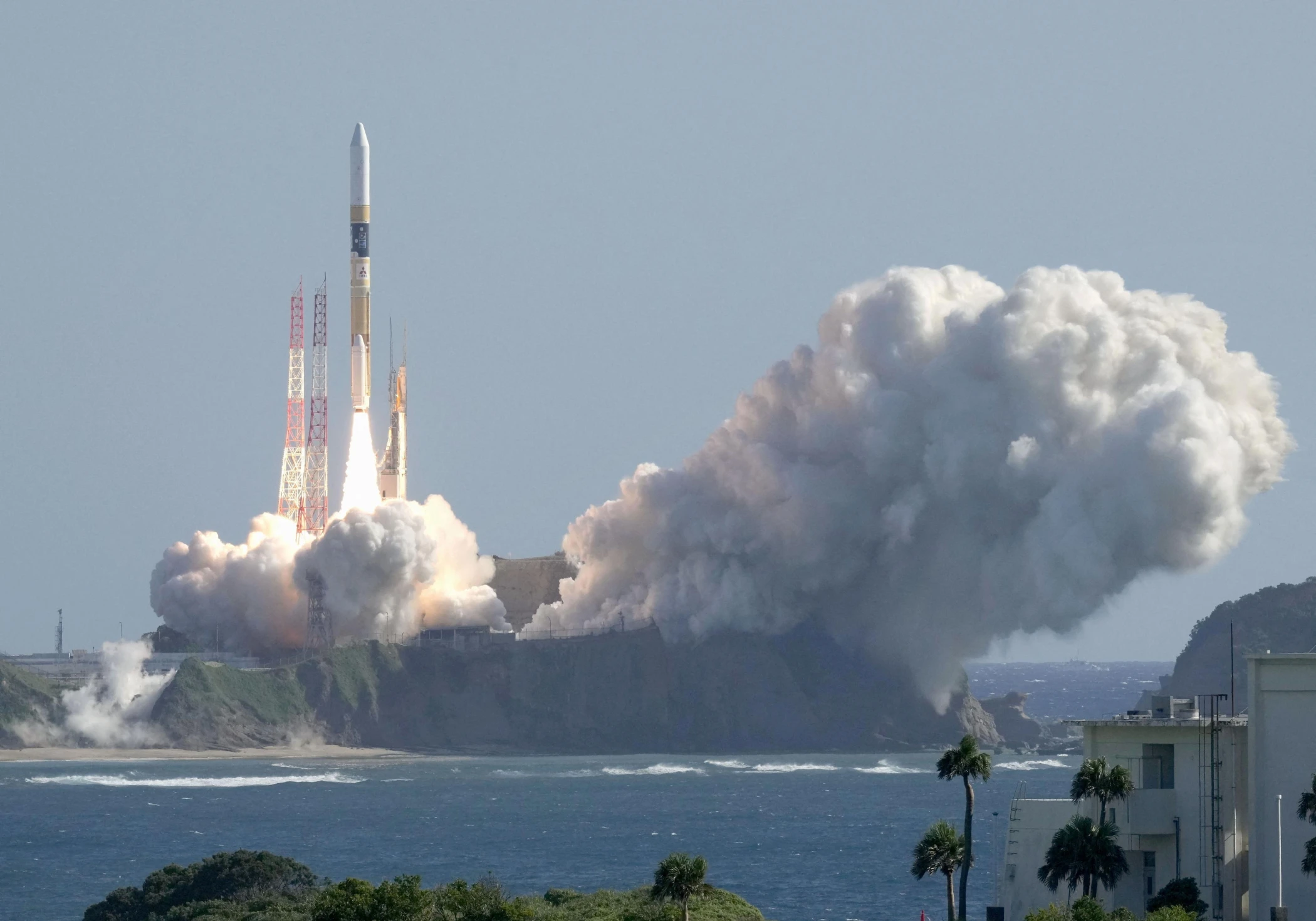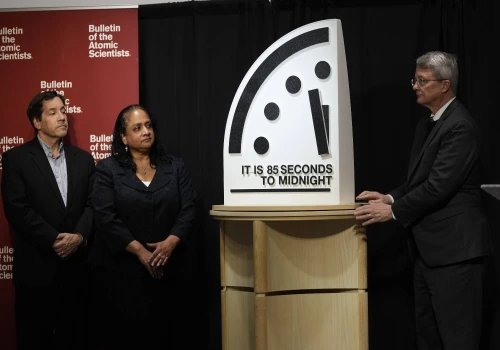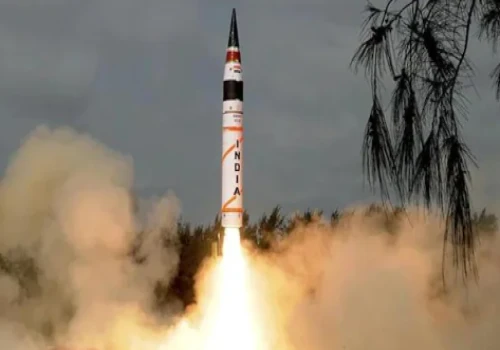
Japan's SLIM spacecraft, known as the "Moon Sniper," successfully touched down on the lunar surface on Friday, January 19th, making Japan the fifth country in history to achieve this milestone. However, a potential mission threat arises due to an issue with the power supply.
Japan has entered the "win column," joining the ranks of the US, the Soviet Union, China, and India as the fifth nation in the world to successfully land on the surface of the Moon.
Initially, the touchdown seemed flawless. However, a few hours after landing, Japan's space agency (JAXA) conducted a press conference to reveal that, although they are still in communication with the spacecraft, it is not generating electricity through its solar panels. This could potentially lead to a complete loss of the network after a few hours.
Japan's space agency reports ongoing communication with its uncrewed spacecraft, "Moon Sniper," following its lunar surface landing. However, scientists indicate that the craft's solar generators are non-functional, leaving it reliant solely on batteries. The space agency is actively working to address and rectify the issue with the solar generators before the batteries are depleted.
It has been reported that the issue may stem from the spacecraft landing on a slope within a crater, potentially resulting in an unintended angle.
Japan has previously achieved successful landings of probes on two asteroids, thanks to their precise technology. JAXA asserts that their high-precision technology will play a crucial role in the future exploration of the mountainous lunar poles. These regions are considered potential sources of oxygen, fuel, and water.
Despite minor hiccups encountered during this operation, the moon landing can be deemed successful, especially in light of Japan's challenges in space, including two unsuccessful lunar missions and recent rocket failures, including explosions shortly after takeoff.






_500_x_350.webp)





